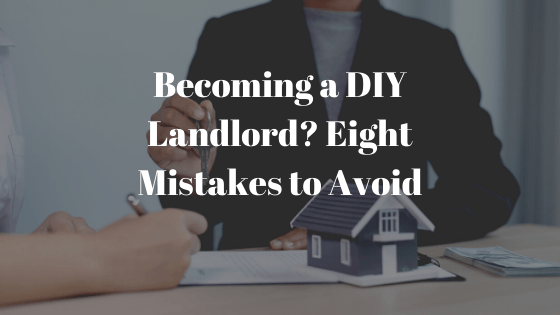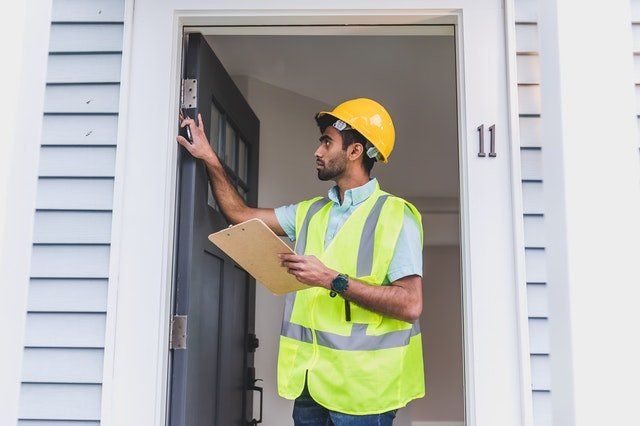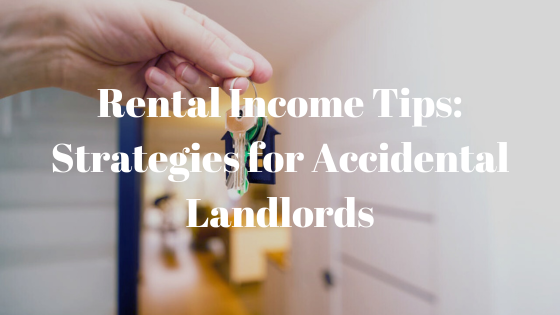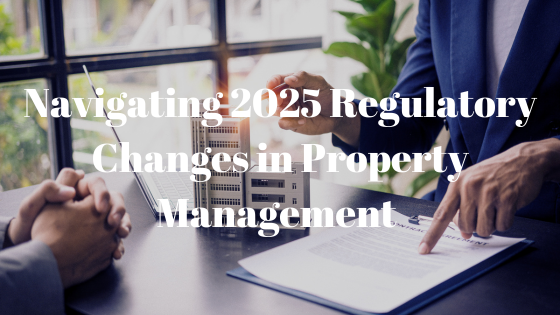Becoming a DIY Landlord? Eight Mistakes to Avoid

With the growing interest in real estate investment, a significant number of homeowners prefer becoming DIY landlords over hiring a reputable property management company. The reasons for this vary based on the individual. Some landlords want to save money and others simply enjoy the property management process.
Whatever your reason for choosing to be a DIY landlord, there are some common mistakes beginner landlords make to look out for. Though some of these mistakes are small, they may result in legal issues or cost you a fortune when
filing taxes, penalties, and other fees!
Here Are Some Common Mistakes to Avoid as a Do-It-Yourself Landlord
1. Not Having a Formal Lease Agreement with Your Tenants
This is a common mistake made by many landlords. It may sometimes seem unnecessary to have an agreement in writing but it could be beneficial down the road – especially during a misunderstanding with your tenant.
Though “handshake” agreements may sometimes work, there are instances where you might need to enforce the agreement terms and a
written lease is the best way to do so.
Employing a legal attorney who is familiar with real estate law is highly recommended when writing a lease agreement.
2. Not Being Familiar with the Current Rental Market
Knowledge of current rental market conditions provides landlords with a great advantage! Before listing your property, you should look at the active and rented listings in your neighborhood. This will give you a better picture of current rental prices and what tenants expect.

The fear of losing tenants is common among landlords, but many tenants expect gradual rent increases during lease renewals. Raising the rent helps to effectively manage your investment as it covers inflation, taxes, insurance, and maintenance costs.
3. Not Having an Insurance Policy for Your Property
Getting the right insurance coverage could save you a lot of money in the long run. Taking out the
right policy might seem expensive at first, but insurance is a complex issue and simply having homeowner’s insurance might not cut it for your rental property.
Your property is a long-term investment that could potentially provide lifetime returns. It’s important to have it covered by insurance in case of any accidents, vacancies, loss of rent, legal issues or unexpected damage.
4. Not Preparing for Prolonged Vacancies
Not every landlord will experience prolonged
vacancies, but it helps to be prepared. When a rental unit remains vacant for an extended period, a landlord loses rental income and may have to cover various costs from their personal funds.
One way to make sure you’re prepared for these costs is having a comprehensive insurance policy. Your policy should cover the expenses accrued during the extended vacancy.

A landlord can also set up a savings account with enough funds to cover rental property expenses for at least three months.
Additionally, you can take advantage of extended vacancies by doing repairs and necessary upgrades before showing the property to prospective tenants!
5. Compromising on Tenant Screening Processes and Background Checks
An effective screening process could save you a lot of headaches down the road. Understandably, some landlords may want their vacancies filled as soon as possible, but considering your property is a long-term investment, you want to make sure it’s in safe hands.
Screening prospective tenants will inform you whether they’re a good fit for your property and will alert you to potential red flags. Start by running a credit check to understand their financial status. Additionally, you can verify an applicant’s income by requesting pay stubs or verifying other sources of income. Most importantly, reach out to the prospective renter’s previous landlords to learn about their character.
If your prospective tenants satisfy your requirements, you can then proceed to the next step.
In the event you have multiple applicants, it helps to come up with a set of criteria for selection based on their application date, financial security, etc.
6. Not Conducting Periodic Inspections on Your Property
Your property is an investment and for it to flourish, it needs to be properly maintained. As a landlord, you have a responsibility towards your tenants and to yourself to keep the property in good condition.

The best way to keep up with property maintenance is periodically inspecting the premises. Inspecting the property also helps you to ensure that the tenants are doing their part in taking care of your rental unit. Landlords can also use this opportunity to discuss any issues or concerns relating to the property. This can help avert future complaints and inspire tenants to renew their lease!
7. Delays in Taking Legal Action or Evictions
Landlords sometimes develop friendships with their tenants, especially if they’ve rented the property for a long time. It’s normal for people to become friends if they interact regularly but as an investor, it may affect your income if your friendship causes you to delay taking the necessary action.
Tenants need to recognize that they have an obligation to honor their lease agreement. Being too friendly as a landlord could make you delay evictions which
can be costly. We recommend you seek the services of a competent legal attorney to handle evictions.
8. Not Settling Disputes with Tenants Before They Escalate
As a landlord, it’s normal to have disagreements with your tenants from time to time. However, maintaining a good relationship with your tenants can save you some unnecessary legal trouble.
It is in your best interest to try and settle any disputes out of court.
Litigation can last for an extended period, and will cost you a large amount of money in legal fees. Instead of going down this road, try to find an amicable resolution for any disputes with your tenants.
The Bottom Line
The choice to become a DIY landlord may work for some, but it’s not for everyone. Sometimes we think we can do it all but we fall short, and that’s ok. To succeed in the property market we need to recognize our strengths and weaknesses.
If you require assistance with the management of your property, our doors are open. At
Dawson Property Management, we have the necessary experience to successfully manage properties in Charlotte NC, and its surrounding areas, and bring the best returns out of your investment.
Call us today to find out how best we can serve you.







